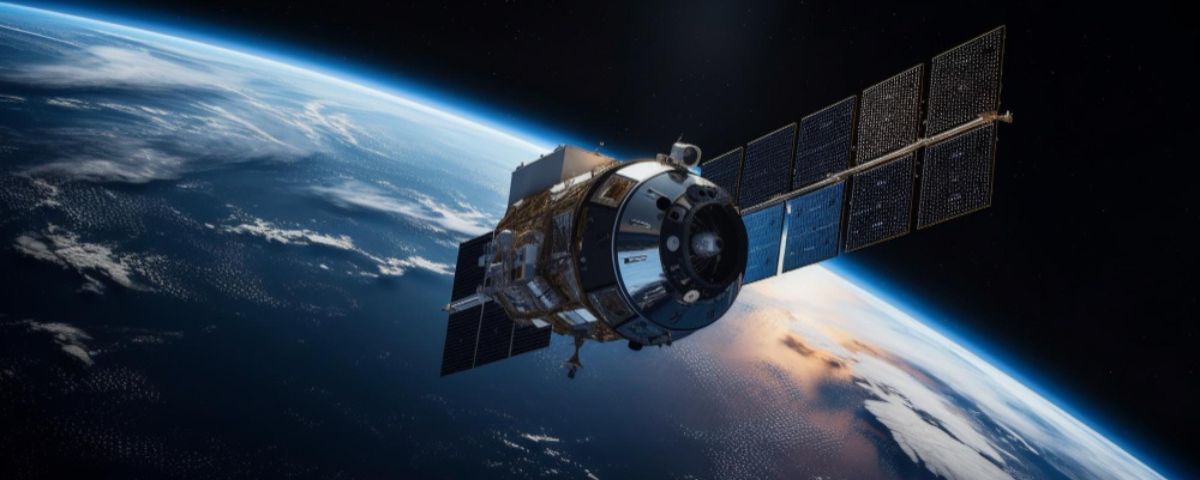
Elon Musk’s Starlink and Amazon’s Kuiper may see a boost in their satellite internet ventures in India if Donald Trump returns as U.S. President, given Trump’s favorable ties with Musk. Experts suggest this could make it tougher for Indian telecom giants Reliance Jio and Bharti Airtel to persuade the Indian government to auction satellite spectrum, a method opposed by both Starlink and Amazon.
A day after Trump’s potential win, Communications Minister Jyotiraditya Scindia reaffirmed that satellite airwaves would be allocated administratively, though with a fee set by the telecom regulator. The U.S.-based Starlink and Amazon, which both advocate for administrative allocation of satellite spectrum in line with global norms, face resistance from Indian telcos like Jio and Airtel. These telcos argue that satellite spectrum for urban consumers should be auctioned, as they expect direct competition from global satellite players in urban broadband markets.
Starlink, in a recent submission to the Telecom Regulatory Authority of India (TRAI), labeled telcos’ demand as “self-serving.” Global satellite firms argue that auctioning satellite spectrum is inappropriate, as it’s a shared resource and should follow international allocation standards. Both Starlink and Amazon plan to deliver broadband-from-space services in India through low-earth orbit (LEO) satellites.
Indian telecom players remain focused on a fair policy, believing that India’s decision on spectrum allocation will be independent of U.S. influence. The Indian government currently seems inclined toward the global standard of administrative allocation, with Minister Scindia pointing out that no country auctions satellite spectrum and that India, as an ITU member, should align with international practices.
Meanwhile, Bharti Airtel has suggested a differentiated approach, supporting administrative allocation for rural satellite services and recommending auctions only for urban-focused satellite internet services. Satellite broadband in India is awaiting government guidelines on pricing and spectrum allocation, which TRAI is expected to finalize soon.
As India’s space economy could reach $44 billion by 2033, satellite players including Eutelsat OneWeb (backed by Bharti Group), Jio-SES, and applicants like Starlink and Amazon Kuiper see vast potential in the market, despite regulatory uncertainties.



